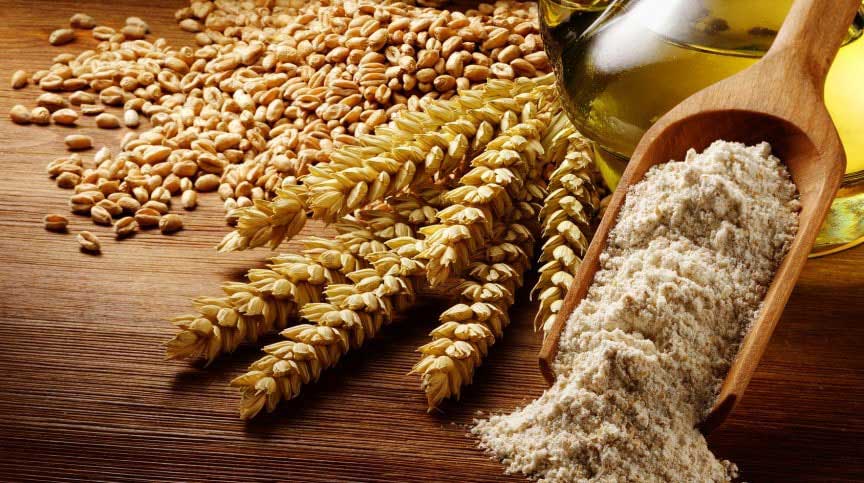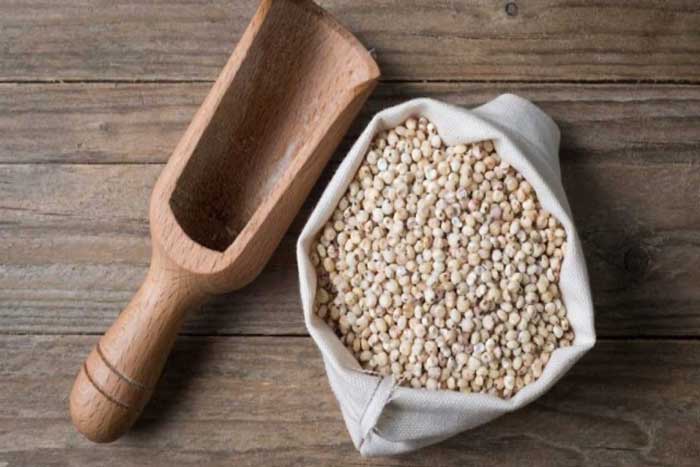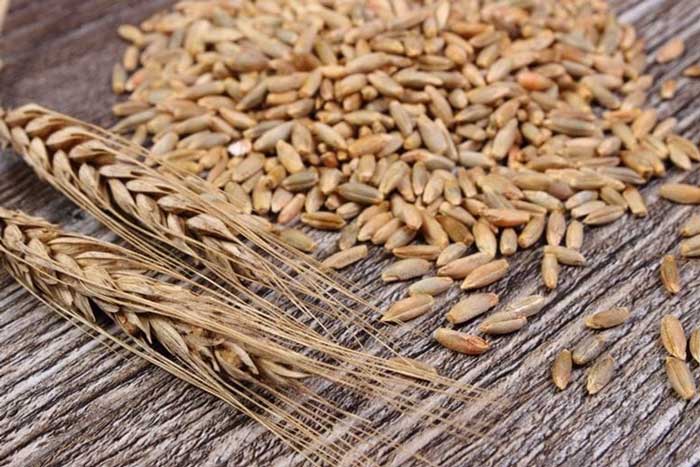



Cereal, which is also known as grain, is a type of grass from the Poaceae family that produces starchy seeds suitable for consumption. While most grains share similar dietary properties and are high in carbohydrates, they are typically low in protein and deficient in calcium and vitamin A. To make up for any nutritional gaps in the cereal, bread made with refined flours is often enriched. Wheat, rice, rye, oats, barley, corn (maize), and sorghum are among the most commonly grown cereals.


During milling, wheat husks are removed and the middling is ground into flour. Husks are a great source of fiber for breakfast cereals and animal feed. Flour is used in many meals worldwide, including bread, pasta, tortillas, crackers, scones, muffins, pancakes, porridge, and more. Specification to download

The corn's germ and pericarp are removed during a dry milling process. The pericarp is used to extract corn fiber, which is used in many different dishes, including flaking grits for corn flakes, corn grits for beer and snacks, and corn flour for infant food and cooking. Meanwhile, the germ is utilized for corn oil and animal feed.

The hulls of the oat grains that are removed during the milling process can be repurposed as compost or fuel.

Sorghum provides a number of healthful minerals and fiber, such as iron, vitamin B, and antioxidants, just like other whole grains. What makes sorghum unique is its high protein content and lack of gluten. You can find it sold in various forms, such as whole grain, pearled grain (with the husk removed), white flour, and whole wheat flour. Sorghum can be popped into kernels for snacks or as a salad garnish. For an energy boost, try adding sorghum flakes to your morning oatmeal or afternoon snack bar.

Rye is a cereal grain commonly utilized in bread, breakfast meals, and porridge, given its high nutritional fiber content and relatively low gluten content. Additionally, rye is an essential component of brewer's and distillers' yeast, making it a key ingredient in the production of alcoholic beverages such as beer and whiskey.
Simply give us a call and we will assist you.
send us an email so that we can assist you.
Come to Us for Assistance!

We’ve helped thousands of our clients, and we want you to learn from our results. Subscribe now